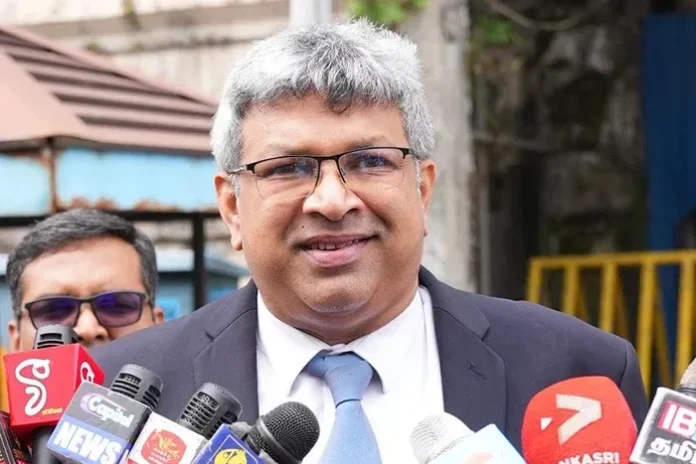Justice Minister Harshana Nanayakkara yesterday (20) acknowledged that a significant lack of public consultation preceded the introduction of recent amendments to the Penal Code banning corporal punishment of children.
Describing this procedural flaw as a “small shortcoming,” the Minister said it had inadvertently generated widespread misconceptions among the teaching community regarding the true intent of the legislation.
Speaking on Derana 360, hosted by Kalindu Karunarathne, Nanayakkara admitted that the government had failed to allow adequate time for public consultation and establish proper social dialogue before presenting the bill.
“This failure allowed the notion to spread among teachers that the law’s primary goal was to ‘target teachers’ or even to ‘imprison teachers,’” he said.
The Minister clarified that the legislation is not intended to target or punish teachers. While the amendments address corporal punishment of children, the bill does not prohibit disciplining children altogether.
The bill, which has been presented to Parliament but has not yet been passed, is part of the legislative process aimed at creating laws for the benefit of all citizens. Nanayakkara assured that any law opposed by the general public will not be passed.
Acknowledging the lessons learned from this experience, the Minister emphasized the importance of comprehensive public consultation. A new standard has been established: unless in cases of special emergency, every bill introduced will now be subject to at least one month of public consultation.
Moving forward, the government is seeking written proposals from the public, including teachers who have raised objections, and plans to hold discussions to allow all stakeholders the opportunity to provide input and suggest amendments if necessary, he added.




